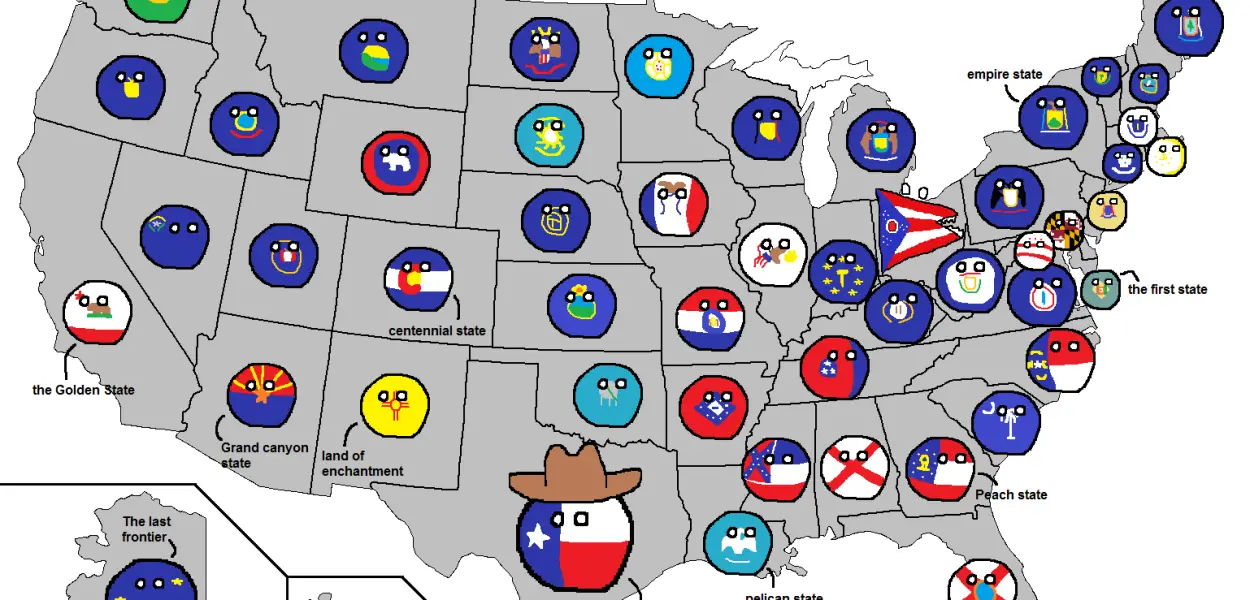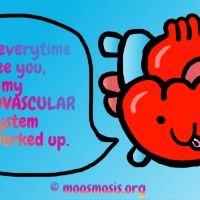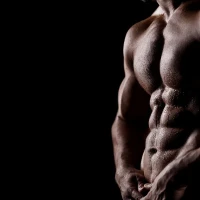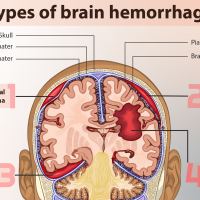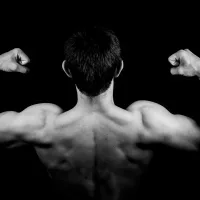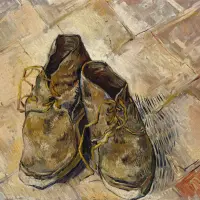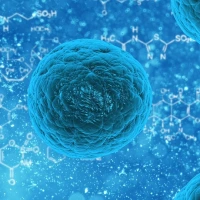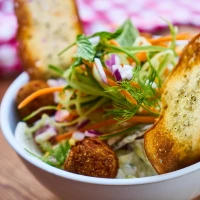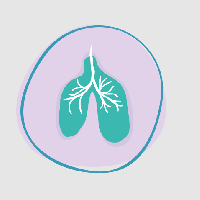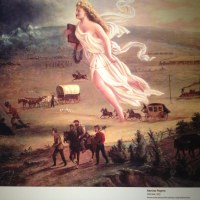Fundamental conversations, on freedom and self-determination, greatly influenced Anthony Burgess’ choice of immoral characterization and dramatic plot development in his 1962 dystopian novel A Clockwork Orange, dealing with what it means to be able to make choices in a restrictive society and dabbling in themes of freedom and bondage.
Modern-day democracies across the globe continue to thrive as world powers as a result of the choices made by its citizens. However, when governments suppress the voice of the people, as seen in A Clockwork Orange’s totalitarian government, growth is stunted and the government remains static. Similarly, philosophers have debated whether individuals have free will and the extent to which this self-sufficiency extends. Alvin Plantinga, an analytic professor at the University of Notre Dame describes the ability to choose as, “Now, God can create free creatures, but he can’t cause or determine them to do only what is right. For if he does so, then they aren’t significantly free after all; they do not do what is right freely.” (Plantinga). Plantinga’s attention towards the ability to make choices rather than rely on foreordained outcomes reveals the very hypocrisy Burgess aims to reveal through his novel, a hypocrisy centered on the notion that good can’t live without the choice to do otherwise. Alex, who is the antihero of the novel, questions the government which strives to dictate him, wondering, “ What does God want? Does God want goodness or the choice of goodness? Is a man who chooses the bad perhaps in some way better than a man who has the good imposed upon him?” (Burgess). Alex’s internal line of questioning and later entrapment by the restrictive government reveals the evident truth of decision making. Without choice, then there is no moral guideline to follow and, essentially, no discernment from right and wrong. To state that the ability to make a choice through self-autonomy is an act of hypocrisy in and of itself as the individual making such a claim would be referring to their own volition. For example, Jans Jonas, a German philosopher reveals an anecdote about a group of physiologists such as Ernst Brucke and Emil du Bois-Reymond who promised early in their careers, “Brucke and I pledged a solemn oath to put into effect this truth: ‘that no other forces are at work in the organism except chemical-physical ones’” (Jones). Contrary to their statement, their eventual rise to fame is an indicator of the impact personal actions have on an individual. As Seifert, an Austrian philosopher explains,





